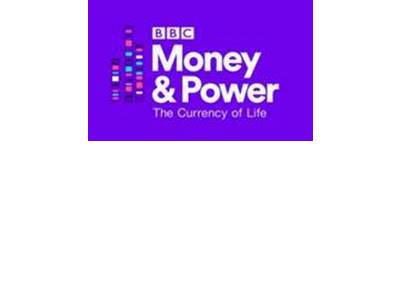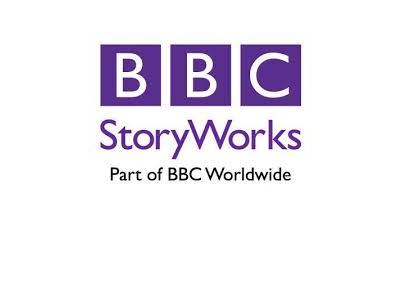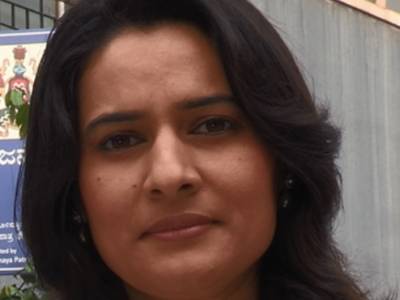You can't take your credibility & trust for granted: BBC's Ros Atkins
Ros Atkins is a BBC News presenter, who hosts the programme ‘Outside Source’ on BBC World News television. Previously, he hosted ‘World Have Your Say’ on BBC World News and BBC World Service radio. ‘Outside Source’ is a news programme that utilises social media in the presentation of its stories. The hour-long World Service Radio show is the first element of the pan-Global News format to be brought to air. The programme was launched on BBC World Service on October 28, 2013 and on BBC World News on February 17, 2014.
In the course of his career, Atkins has hosted coverage of many major stories around the world for BBC News, including the death of Nelson Mandela, Barack Obama’s first election victory and inauguration, the football World Cups in Germany and South Africa, the Charles Taylor verdict, the London Olympic Games and Queen Elizabeth's Diamond Jubilee celebrations. He has also hosted from an array of locations, including an informal settlement in Soweto, a hospice in London, a prison in Indianapolis, a bookshop in Tel Aviv, a Nazi exhibition in Berlin, a maternity ward in Lagos and a classroom in Tanzania.
In conversation with AdGully, Ros Atkins talks about the challenges of maintaining credibility and trust in a digital world, emerging trends in journalism and more. Excerpts:
What do you consider to be the biggest challenge for modern TV journalism?
The challenge comes from the increase in digital consumption. People are increasingly getting to know about big, breaking stories first through social media, text messages from friends, etc. So, for a news TV operation the challenge is to be on top of the news, giving parallel access to the incidents as they happen along with presenting an in-depth analysis and implications of the happenings. This requires a huge level of commitment in our reportage. A journalist covering the news from ground zero gives the news more authenticity.
What are the challenges of ensuring credibility of news in a fast-paced digital world?
Credibility is definitely important. It is the BBC’s credibility and the trust that it has built over the years that has kept people glued to the service. There are different ways of establishing credibility and trust, but the core stuff doesn’t change – you have to be fair, you have to present a balanced view, you have to check the story, if you are not sure then don’t broadcast it. To compromise on this credibility and trust would be a terrible mistake.
How has digital changed the BBC’s approach to news?
Digital changed everything – from news, media efforts, in fact, the most fundamental shift in how human beings live and interact with each other. The two core ways in which digital has impacted news are:
1) Distribution - Now we can deliver our news to people in a whole range of ways. People can watch what they want on demand. You can put up a news report on Facebook, Twitter or Instagram.
2) Content – You move between lots of different contacts, which are most relevant at any point. Sources are built on the idea of how we consume information digitally. The scope of delivering this content and creating an all round experience around it has widened.
















Share
Facebook
YouTube
Tweet
Twitter
LinkedIn